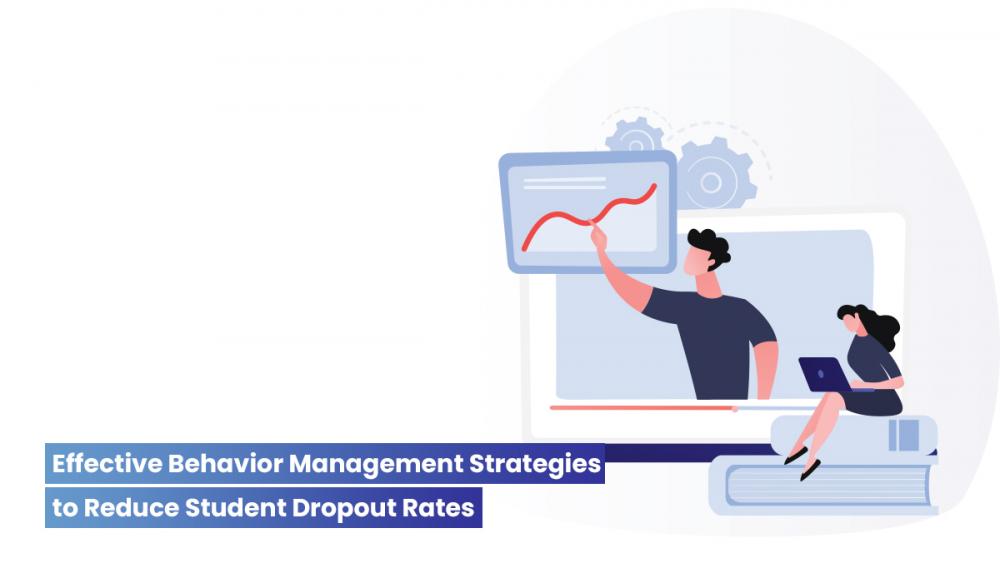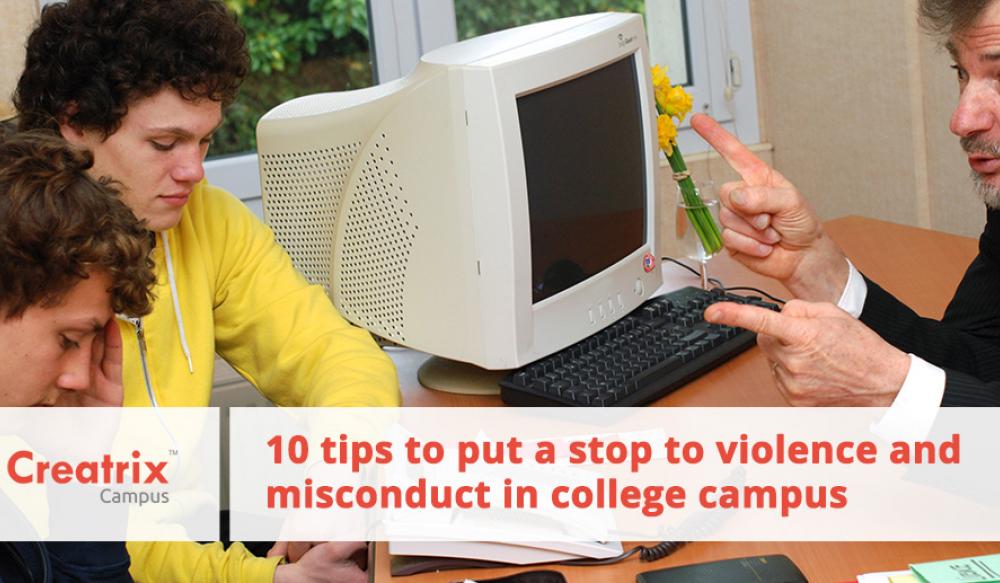
Enhance Discipline with Advanced Student Behavior Tracking Software for Higher Education
Tune In To Our Audio Blog

Enabling an effective behavior management system in classrooms
Tune In To Our Audio Blog

5 Proven Reasons to Implement a Behavior Management System in the Classroom
Tune In To Our Audio Blog

Promoting a Positive Campus Culture: Using Behavior Management in Higher Education
Tune In To Our Audio Blog

Conduct Management and Student Success: Impact on Academic Achievement
Do you agree that success is not just about academics; it's about molding individuals into responsible and ethical contributors to society? In the realm of higher education, fostering academic achievement goes beyond mere textbook knowledge. It involves nurturing a conducive environment where students can thrive academically while imbibing essential life skills and values. One crucial aspect that often goes overlooked is student conduct management, which plays a pivotal role in shaping student success.

Enhancing Success: Effective Behavior Management Strategies to Reduce Student Dropout Rates
In the pursuit of knowledge and education, there is an alarming global challenge that cannot be overlooked - the rising student dropout rates. As more students disengage from their educational path, higher educational institutions are increasingly turning to Behavior Management Strategies as a powerful solution.

10 tips to put a stop to violence and misconduct in college campus
In a school or college, parents, staff and students are concerned about the occurrence of increasing incidence of violence and misconduct in campuses. There are various types of incidents and the students should learn about the consequences and are accountable for their actions. Incidents of sexual assault, bullying, harassment, fighting, and using firearms to unleash acts of violence are reported.

10 easy to implement behaviour management strategies
Remember the old saying which we have heard a zillion times, “not all fingers are same?” Correspondingly, not all students are alike in a classroom. A classroom is a medley of differently abled students. It is not new to see paper aeroplanes fly across the room, students race between desks, screeching and yowling all over. Are these situations tamable? Of course, yes, with a set of behaviour management strategies. The situations stated above are the indicators of poor classroom management, which is certain to elevate stress and burnouts among instructors.
